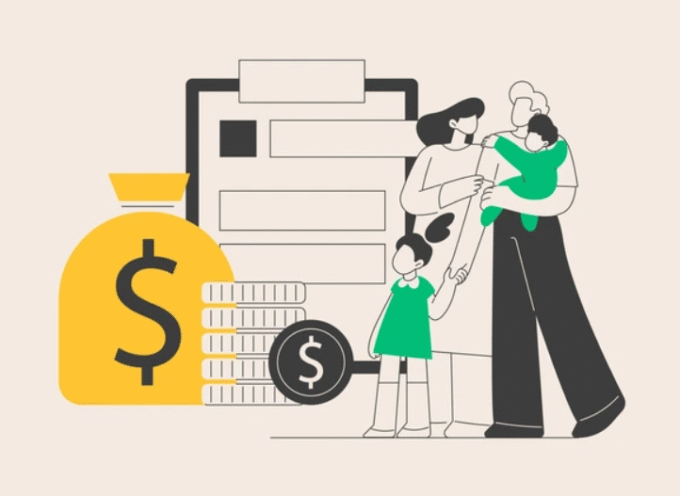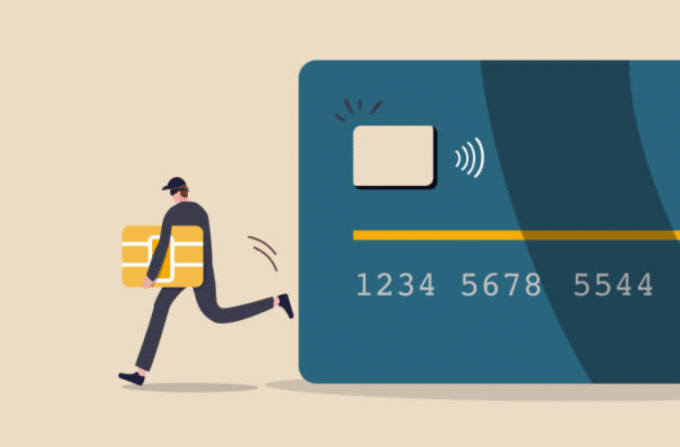Imagine building a cozy house beneath your land, with no rooflines, just a discreet gate, and dream of tax-free living.
Table of Contents
Owning a landed property will mean that you are bound to pay property tax. Around the world, people pay taxes on the properties they own.
Landed properties are location-based and predictable for tax purposes. What if you built a house underground? Will you still pay taxes?
There is no direct answer to this question due to the variations in national laws and jurisdictions. Property tax across the globe varies significantly.
The idea sounds like a clever loophole, but whether or not your subterranean will be tax-free depends on various factors, which will be discussed later in this write-up. Please read on patiently.
Global overview of property taxes
As a property owner, you are expected to pay some levies imposed by the government. In the case of property tax, these levies are typically based on land and any structure on it.
Property taxes are the cornerstone of local government revenue worldwide. These levies are primarily used by the government for developmental projects, such as schools, roads, and public safety initiatives.
According to the International Monetary Fund’s (IMF) tax law guidance, taxes on immovable property, or land and buildings, generally take the form of an annual percentage of asset value”.
Generally, property tax applies to real properties such as land and any permanent improvements like buildings. This is a brief overview of property tax in some of the major countries in the world.
United States: In the United States, property taxes are assessed based on market value or replacement cost. The rates vary from 0.2% to 2.5% of the assessed value.
Canada: In Canada, the levies are imposed by municipalities based on market value assessments. Rates range from 0.5% to 2.5%, but agricultural and heritage properties are exempted.
United Kingdom: In the United Kingdom, rates range from 0.5% to 2%.
China: Property tax in China is limited, with pilot programs in cities like Shanghai and Chongqing.
What counts as a building?
Legally, any structure erected on land is considered a building. According to Singapore’s Property Tax Act, buildings include “any house, hut, shed or similar roofed enclosure, whether used for the purposes of human habitation or otherwise, any slip, dock, wharf, pier, jetty, landing-stage, underground or overground tank for the storage of solids, liquids or gases, and any oil refinery.”
In Singapore, underground houses are considered buildings; however, whether an underground house qualifies as a taxable “improvement” or is considered part of the land itself depends on various legal systems across the globe.
Taxable properties
Property taxes are assessed based on the value of land, and any improvements. The Uniform Property Act of the United States and other state-specific laws regulate real property, such as land and anything permanently affixed to it.
A property owner challenged the tax assessment of a partially underground structure in Hammond v. County of Madera (2002) in California. The court ruled that any structure permanently affixed to the land, regardless of its location, contributes to the property’s assessed value.
A Singapore Court of Appeal ruled that floating docks were taxable buildings in the case of Pan-United Marine Ltd v Chief Assessor. The court concluded that as long as the building is “erected on land,” it is subject to property tax.
In the laws of the United Kingdom and some European countries, property laws are similarly broad. The U.K.’s Valuation Office Agency (VOA) noted in its 2024 guidelines that structures designed for habitation, regardless of location, are subject to property tax.
Legal proceedings
Legal proceedings globally confirm that underground houses are subject to property taxes.
- In the United States, the court clarified that underground structures are taxable in the case of Hammond v. County of Madera (2002).
- In Welwyn Hatfield Borough Council v. Secretary of State for Communities and Local Government & Beesley [2011] UKSC 15, the UK High Court ordered demolition of an underground bungalow without planning permission.
Can underground houses avoid property tax?
Building underground houses does not guarantee a tax break. Some scenarios might reduce your property tax liability, though these are rare and may vary based on jurisdictions.
Some jurisdictions exempt lands zoned for agricultural purposes, while others reduce the tax burden on properties. Other exemptions may be due to conservation, religious or charitable use, and public interest.
Are non-residential buildings exempt from property tax?
Many jurisdictions around the world charge property tax on non-residential properties.
In the United Kingdom, non-residential properties are subject to business rates and collected by local councils. In Canada and the United States, the situation is not different.
The rates on non-residential properties are often higher than those on residential properties.
“Off-the-Grid” underground houses
Sometimes, you might think that going off-grid and off-the-radar will mean you can avoid tax. But here is the case: going off-grid without permits or formal records comes with serious legal consequences.
These are some of the legal problems associated with off-grid houses.
- Illegal constructions: In most jurisdictions, building an underground house without permits violates the laws.
- Retrospective assessment: Building ownership with permits or proper documentation is sometimes back-charged for unpaid property taxes and fines.
Conclusion
According to laws across various jurisdictions, property taxes are rooted in the ownership of the property and not the location. There, no matter how cleverly you conceal your house beneath the earth, you are still expected to pay these levies.
Market-based valuation is used in many jurisdictions worldwide. However, countries like Germany and Brazil use the cadastral system.
You might not pay any levy if your house is in an ungoverned zone or a legal limbo; however, once authorities discover the house, there will be serious legal consequences.
We hope that at this point, you have discovered the answer to the question above. What do you make of this story? Your comments are appreciated.
FAQs
Are underground houses legal?
Underground houses are legal across the globe if they comply with state rules and regulations.
Are underground houses exempt from property tax?
No, property taxes are paid on ownership and not the location of the house.
What is the rate of property tax?
Property tax rates vary across various jurisdictions.
Are there countries with no property tax?
Yes. Some of these countries include Malta, Monaco, Georgia, Qatar, the UAE, Saudi Arabia, the Cook Islands, Cayman Islands, Bahrain, and some others.

















